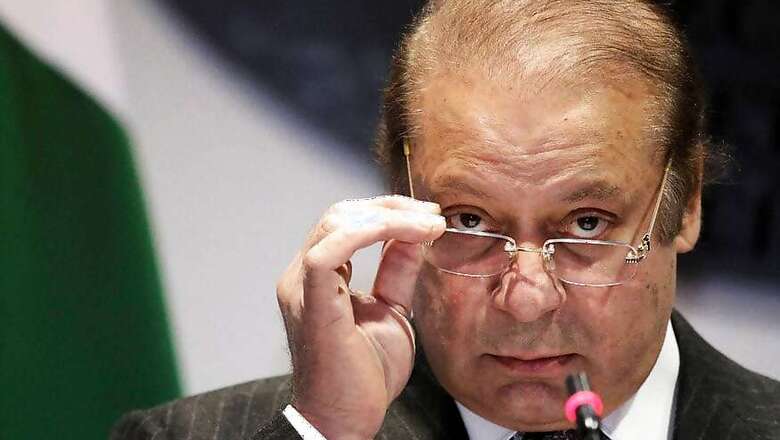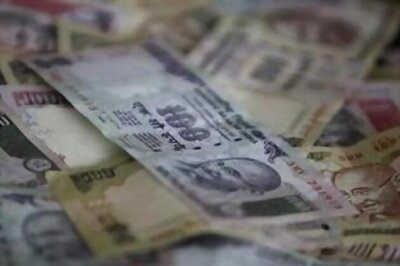
views
Panama City: The disqualification on Friday of Pakistan's Prime Minister Nawaz Sharif from public office over long-running corruption allegations is the latest twist in the so-called Panama Papers scandal:
What are the Panama Papers?
A trove of 11.5 million digital records from the Panamanian law firm Mossack Fonseca that revealed how many of the world's wealthy used offshore companies to stash assets.
Perpetrators range from simple businessmen to a head of state, via banks and sports stars.
The data were leaked to a German newspaper, Sueddeutsche Zeitung, which shared them with the International Consortium of Investigative Journalists (ICIJ), and reports appeared in major media from April 3, 2016.
Among those cited are former British Prime Minister David Cameron, Argentina's football star Lionel Messi, Argentina's President Mauricio Macri, Spanish film director Pedro Almodovar and Hong Kong's film star Jackie Chan -- but also more than 140 politicians and public officials.
What was the impact?
In the immediate aftermath, Iceland's prime minister Sigmundur David Gunnlaugsson was forced to resign after the leak showed his family sheltered assets offshore.
The Pakistani Supreme Court, disqualifying Sharif from office, also asked the national anti-corruption bureau to launch a further probe into the allegations against him, which stem from the Panama Papers linking the premier's family to lucrative offshore businesses.
Many of the officials named in the Panama Papers have put forward legitimate reasons to explain their offshore presence and say they have not acted illegally.
In theory everyone has the right to create an offshore company, as long as they declare the profits.
However they are often denounced for being shady and in affairs of corruption they can be used to hide gains that they want to hide from the taxman.
In the year since the scandal erupted at least 150 inquiries or investigations have been launched in more than 70 countries, with authorities examining many cases for possible tax evasion or money laundering, according to the Center for Public Integrity, a US nonprofit group that until February hosted the now-independent ICIJ.
Impact on tax havens
The Panama Papers scandal has boosted the fight against tax evasion, but a lot remains to be done.
France put Panama on its blacklist of tax havens. The Central American nation is now scrambling to show the world it has cleaned up its act, notably through the sharing of tax information with other countries, to prevent the European Union and other jurisdictions following suit.
The treatment of Panama has had repercussions in other countries such as Lebanon, Bahrain, Hong Kong and the Bahamas which had not yet got into the habit of exchanging financial information.
In June the OECD published a new blacklist of countries not cooperation against tax evasion, on which only Trinidad and Tobago, a small Caribbean country, figures.
However, many anti-corruption non-governmental organizations say the list is an understatement and that there is still a lot of work to do.


















Comments
0 comment